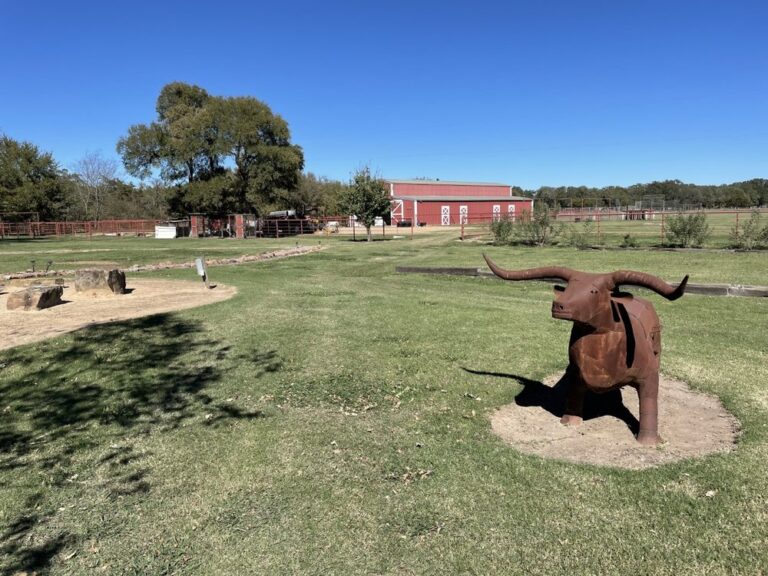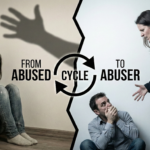Trauma and addictions are closely linked. Many of the clients I have treated at our addiction facilities were suffering from addictions that related to past unresolved traumas/life events. The common theme from thousands of clients was their use of substances to escape the symptoms often triggered by painful memories and flashbacks of past events.
Clients also didn’t view many of their past events such as accidents, divorce, injuries, medical issues, jail, etc. as traumatic events. They simply thought a traumatic event was something like abuse and war. Simply stated, clients needed to learn what is a traumatic event in the first place, and that traumatic events are relative to your personal experiences.
The common misconception between clients and families is blaming current mental health symptoms or current events as the cause of the addictions. This couldn’t be further from the truth. I’ve never treated anyone where the current symptoms or problems were the causal factor for their addictions. In fact, this misconception of current mental health conditions such as depression, anxiety, impulsiveness, anger, etc. being the cause often leads therapists to just “Chase Symptoms” and miss the core issues needed to maintain sobriety. The present events in their lives were only the triggers from the past unresolved issues.
What was most notable was clients never recognized how they utilized substances in a harmful way to escape from their pasts. Most would blame current life events. These harmful ways are what I refer to as using “unhealthy grounds” (e.g., substances, violence, self-abuse) to feel better when experiencing flashbacks to previous traumas. They needed the substances as well as other unhealthy ways to alleviate the pain and feel numb to memories. Once explained to them, they realized the connection, and they were able to begin the process of replacing those unhealthy grounds with healthier ones. For example, when experiencing a “Flashback” clients would learn to apply healthy grounds such as breathing, exercise, journaling, music, art, to replace the unhealthy ones.
Healthier grounding techniques are not new to therapists, but I have found that they are not explained well enough to clients for them to understand it is only a temporary system of relief, and more work is needed once they reach sobriety. Clients needed to learn that even healthy grounds used to alleviate the symptoms triggered by “Flashbacks” are only band aides. This concept often confused clients, as they thought the application of healthier ways were the solutions to the problems. This concept of “temporary grounds” led many of my clients to finally recognize their continued relapses and the idea that more work was needed. Clients also needed to recognize that temporary healthy grounds can sometimes last for years before the band aid is ripped off by another event in their lives. The perfect example of this would be someone who found love and married. The euphoria of love took their attentions away from the unresolved pain from their pasts. That is, until a divorce would send them back to the comfort of the unhealthy substances to seek relief and ultimately led back to a rehab facility.
The greatest challenge to my clients would be their impulsiveness and learning the applications of healthy grounds instead of an unhealthy one. This process takes practice and motivation to want to change. It also takes understanding that just applying healthy grounds doesn’t resolve the past traumas, it only provides a safer outlet while learning to process the event in therapy. Clients also are used to immediate gratification and have great difficulty getting past these cravings, especially when discharged from an inpatient addiction treatment center.
At my treatment centers, I’ve utilized my Resolution Focused Therapy© (RFT) treatment paradigm to help clients understand and recognize the many symptoms related to their past unresolved traumatic life events. Symptoms such as flashbacks, nightmares, obsessive thinking, isolation, anxiety, depression, anger, self-abuse, and many more. Using my RFT method, clients learned to utilize healthier ways to address their symptoms by identifying the months and years of patterns they have fallen into when in distress. The use of RFT “Timelines”, along with other cognitive behavioral RFT approaches have been very effective in helping clients understand the relationship between the past and the present.
Let me be perfectly clear, resolving past trauma can take months to years in therapy to bring it to a healthy resolution. I have learned that very few trauma victims know where to begin the healing process. There are no quick fixes to resolving past traumas/life events. Many therapies approach it from the present and get lost in the maze of client symptoms. In RFT, I refer to this as “chasing symptoms”. I believe to address the core issues it must be approached from the past and working up to the present. This is where the healthier grounds can sustain the clients’ symptoms while working on the core issues.
The core issues addressed in RFT relate to clients “distorted beliefs” such as “it was my fault”, “I’m no good”, “I’m damaged goods”, “I’m a failure”, etc. These “distorted beliefs” need to be addressed in the past where they were formed and began to torment clients with ruminating thoughts stemming from the event, and many times fueled by shame and guilt. This process only begins when sobriety is attained, which means 30-day recovery programs only begin to scratch the surface of resolving the trauma.
The best advice I have given to my clients was to continue to understand that past unresolved issues will continue to plaque their recoveries if not addressed. The first step was to understand how our past impacts our present mental health state of mind. Once recognized, they could now begin the journey to trauma resolution.






